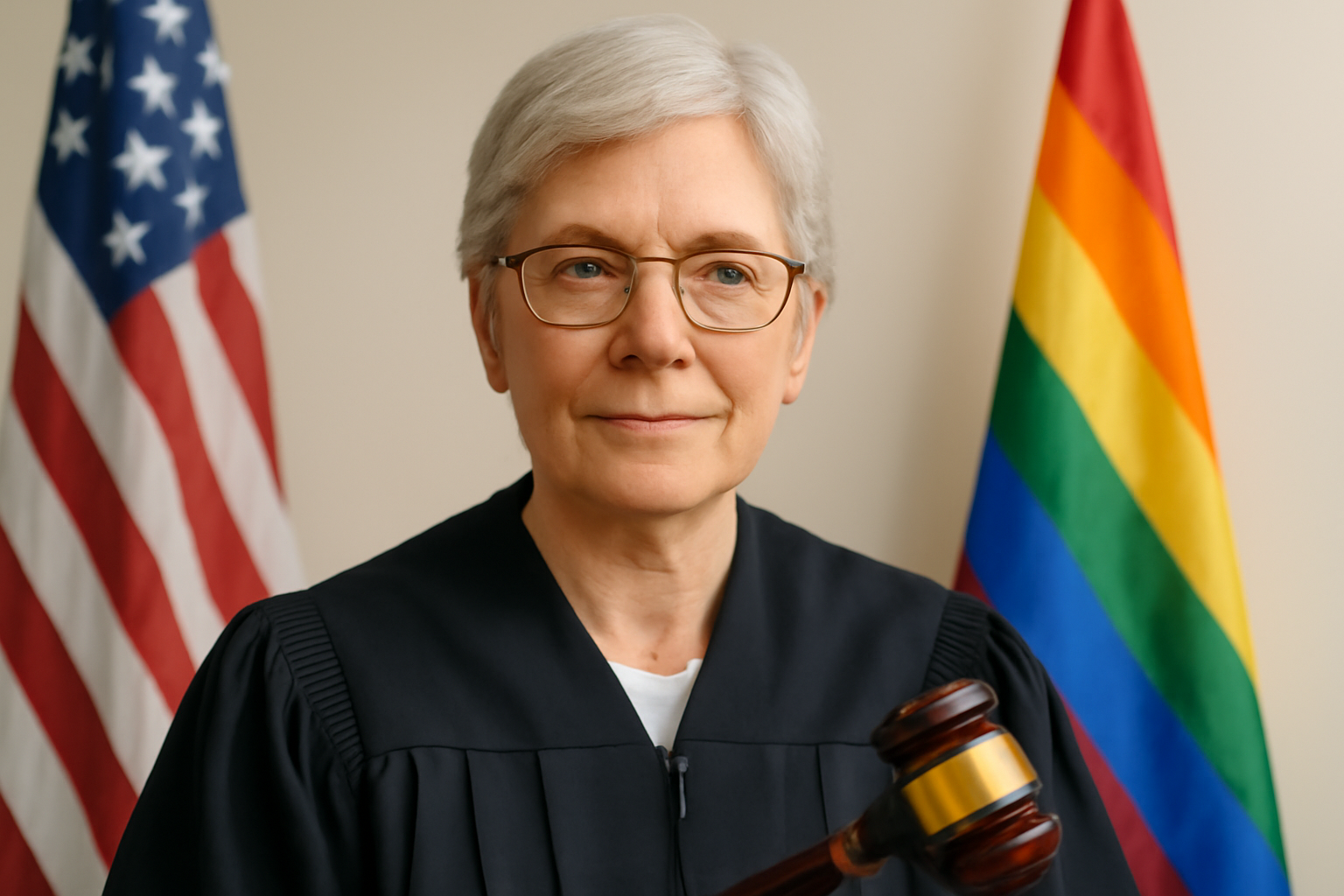
In a significant development for transgender rights, a federal judge has once again blocked the implementation of a controversial ban on gender-affirming care. This decision represents a substantial victory for LGBTQ+ advocates, healthcare professionals, and individuals who seek to affirm their gender identity through medically necessary treatments.
The Background of the Ban
The policy in question sought to prohibit transgender individuals from accessing gender-affirming healthcare, which includes hormone therapies and surgeries that are crucial for many transgender people to live authentically. This ban was initially introduced under the previous administration, sparking widespread protests and legal challenges from civil rights groups across the country.
Gender-affirming care has been recognized by major medical organizations as essential and often life-saving for transgender individuals. The American Medical Association and the American Psychological Association, among others, have consistently highlighted the importance of these treatments in improving mental health outcomes and quality of life for transgender patients.
Legal Battle and Recent Rulings
The legal journey to block this ban has been arduous, with numerous court hearings and appeals over the past few years. The recent ruling by the federal judge is not the first of its kind; previous attempts to enforce the ban have been met with similar judicial resistance. Judges have repeatedly emphasized that the ban likely violates constitutional protections of equal rights and due process.
The argument against the ban centers on the principle that it unlawfully discriminates against transgender individuals by denying them access to necessary medical care. Civil rights organizations have pointed out that the ban undermines the ability of medical professionals to provide patients with the best possible care based on their individual medical needs.
Impact on the Transgender Community
This ruling brings temporary relief to many transgender individuals who have been living in uncertainty regarding their access to healthcare. For those in transition, continuity of care is crucial, and any disruption can have severe emotional and physical consequences. This decision allows them to continue receiving care without fear of abrupt cessation of their treatments.
Advocates have praised the ruling, stating that it affirms the dignity and humanity of transgender people. They argue that gender-affirming care should be seen as a fundamental right and that such bans are an affront to personal freedoms and bodily autonomy.
What’s Next?
Despite the positive ruling, the legal battle is far from over. Opponents of the ban are preparing for potential appeals and are steadfast in their commitment to ensure that the rights of transgender individuals are protected in the long term. In the meantime, advocacy groups are urging lawmakers to craft legislation that explicitly protects access to gender-affirming care, thereby preventing similar bans from being proposed in the future.
Healthcare providers are also encouraged to support their transgender patients by staying informed about legal changes and advocating for policies that prioritize patient welfare over political agendas. The medical community plays a crucial role in shaping public discourse and influencing policy by highlighting the importance of inclusive and compassionate care.
The Broader Implications
This decision is one of many legal battles being fought across the United States concerning the rights of LGBTQ+ individuals. It underscores the ongoing struggle for equality and the importance of a judicial system that upholds the rights of marginalized communities. This ruling not only impacts transgender individuals but also sends a powerful message about the value of diversity and inclusion in society.
For many, this ruling is a reminder of the resilience and strength of the LGBTQ+ community. It highlights the necessity of collective action and solidarity in the face of adversity. As the fight for equality continues, this ruling serves as a beacon of hope and a call to action for all who believe in justice and human rights.
Related Posts
Triumphant Trans Woman Wins Legal Battle and Inspires Others to Stand Up for Their Rights
Breaking new ground: a landmark victory in transgender rights After battling in courtrooms and enduring endless challenges, Diana Portillo, a transgender woman, has secured a monumental victory in her decade-long fight against workplace discrimination. The result? Nearly $1 million awarded in a historic settlement. But this isn't just a win on paper—it represents a powerful precedent in combati [...]
Pride Month in Latin America: Protests and Demands for Equality
**Celebrating Pride and advocating LGBTQ+ rights in Latin America** Pride Month in Latin America was a lively mix where celebration met activism. Communities united, not just throwing a party but making a stand—demanding equality and pushing governments toward better protection and rights recognition. Throughout Latin America, pride events erupted in marches and cultural displays, each with a c [...]
Transgender Erasure Actions Implemented by National Park Service
```html Trump administration's impact on national park service and transgender recognition The Trump administration made notable moves in undermining transgender representation, which included directing agencies like National Park Service not include "T" and "Q" when they refered “LGBTQ” in any official communication. This move seems part a broader plan by this administration aimed at reducin [...]